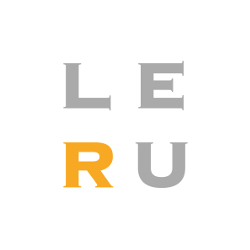Publication date: 05/02/16
ThemesNews
The revision of the author’s rights belongs to the EU’s priority files. It seems hence coherent that the League of european research universities (LERU) gets hold of the subject to guarantee more open access to scientific publications in order to improve research.
Explanations on this subject so important to researchers by Adeline Rege, responsible of the department Documentation scientifique numérique of the Service commun de la documentation (SCD), and Christophe Geiger, general director of Centre d’études internationales de la propriété intellectuelle (Ceipi) of the university of Strasbourg
At the present time, French, German and English researchers don’t encounter the same regulations concerning author’s rights when publishing their work in a scientific journal. Despite an attempt to set standard guidelines in 2001, there is no generalised legal framework on EU level but 28 national legislations of which each has its own particularities. The EU will review this legislation: Jean-Claude Juncker, president of the European Commission, set up a digital single market including the revision of the author’s rights.
The EU’s potential consists in its brains
The issue is crucial: Research is a cross border concern and the absence of harmony on the matter of author’s rights is an obstacle which harms Europe’s place in worldwide research rankings. Europe’s potential does not only consist in its natural resources but in its many brains. LERU, more precisely the general secretary Kurt Deketelaere and the president Alain Beretz, aims to seize the occasion of the Dutch presidency of the EU council (January-June 2016) during the next six months to bring forward the subject of open access. Most parts of the market are in the hands of a few publishers. This situation costs the university libraries much, as for example 75% of the SCD-budget, the equivalent of 2.9 million Euros, go to electronic subscriptions.
Claim for costs at the right price
There are attempts emerging to get round these giants of publication, such as social media dedicated to researchers. But even if they offer a free subscription, they still have a lucrative purpose: the public data are of economic interest to them. The Centre pour l’édition électronique ouverte (Cleo) or the Open library of humanities, publishers who offer a non-profit-model thanks to public funding, constitute alternatives for social sciences publications. The movement for open access, supported by a LERU petition, claims “right cost” for authors and readers linked to the production costs (translation, formatting, editing,…) rather than to the profits generated by publishers.
















